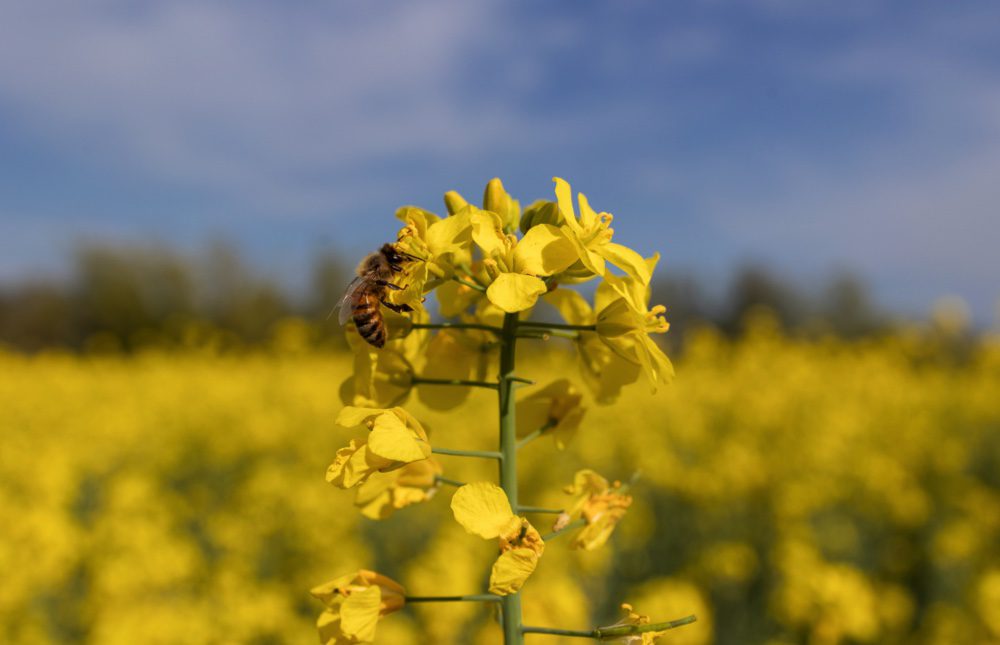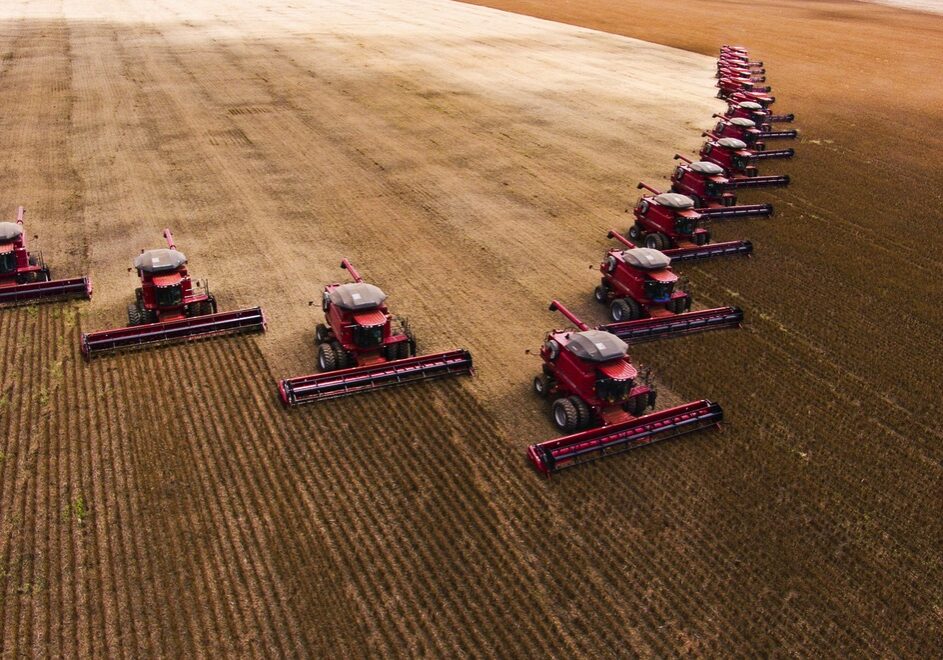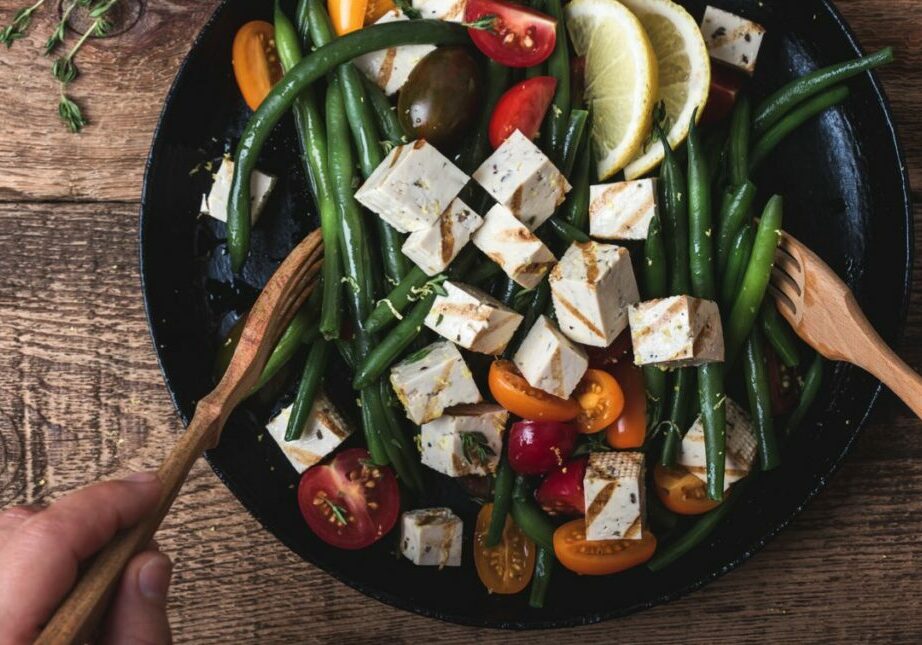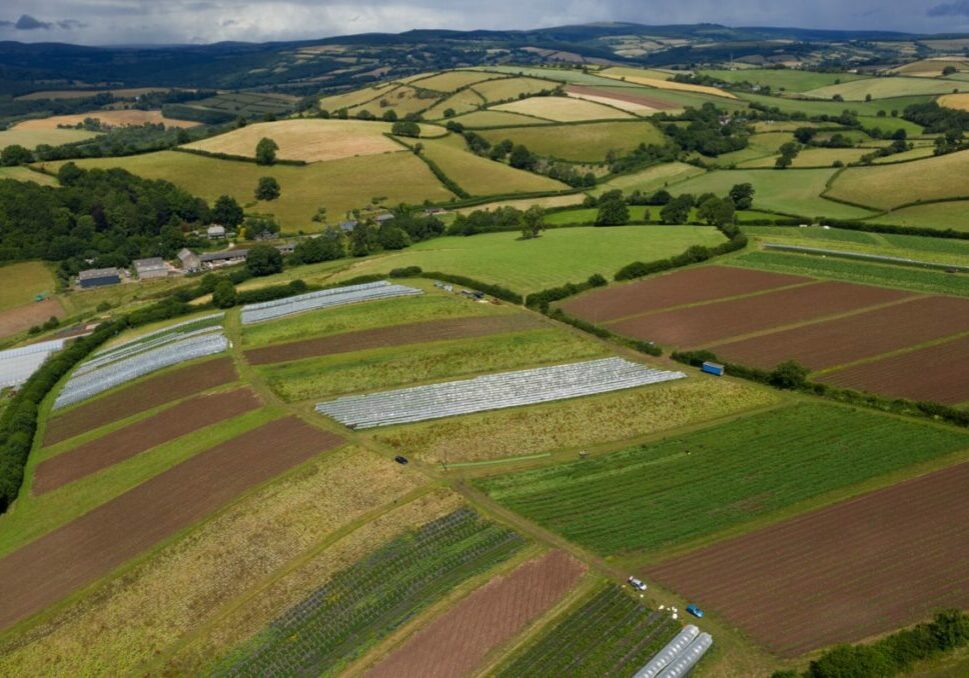Wouldn’t it be amazing if we could turn carbon dioxide into climate-friendly fertiliser, use food waste to make fish feed, or harness the latest technology to bring more bees onto farms?
Well, it turns out we can. These are just some of the ideas that UK start-ups have developed in order to make farming better for nature and the climate.
And now food producers around the UK will be putting their innovations into practice, thanks to a new programme created by us and Tesco. This is part of our long-term partnership to drive down the environmental impact of food.
Innovation Connections pairs pioneering start-ups with Tesco suppliers, using the supermarket’s scale and influence to accelerate the uptake of new solutions to help transform our food system.

© GETTY
In May 2022, a group of finalists chosen from more than 70 entries pitched to a panel of experts from Tesco and WWF, with five exciting projects each awarded funds of up to £150,000.
One of the winners was CCm Technologies. The Swindon-based company manufactures low-carbon fertiliser pellets using waste materials, including carbon dioxide captured from power stations and ammonia from wastewater.
CCm is partnering with Tesco potato supplier Branston, fellow low-carbon fertiliser producer Andermatt and the Farm Carbon Toolkit to test this new technology, with the aim of significantly cutting the carbon footprint of potatoes and other crops.
Future by Insects is also using excess CO2 and wastewater, along with food waste from processing plants – in this case, to grow algae and raise insects that can be turned into fish feed.
This could provide a sustainable alternative to using soya or wild-caught fish as food. The company is working with Tesco suppliers Hilton and Greencore to refine and scale up the process.
Another winning entry was Yorkshire-based start-up AgriSound, which is working with fruit supplier AM Fresh. The company has developed super-sensitive acoustic technology to monitor bees, which can help fruit farmers boost yields by attracting pollinators where they’re most needed and ultimately increase levels of biodiversity.
“We urgently need to find more sustainable ways to grow enough affordable food for everyone,” says David Edwards, our director of food strategy, and one of the judging panel.
“The winning projects have huge potential to help create a food system that restores nature and protects our climate.”
More to explore

Video: How to change the future of our food
The food we eat has a huge impact on nature, but individuals and industry can change this. We asked farmers and food experts for their views on the future of food

